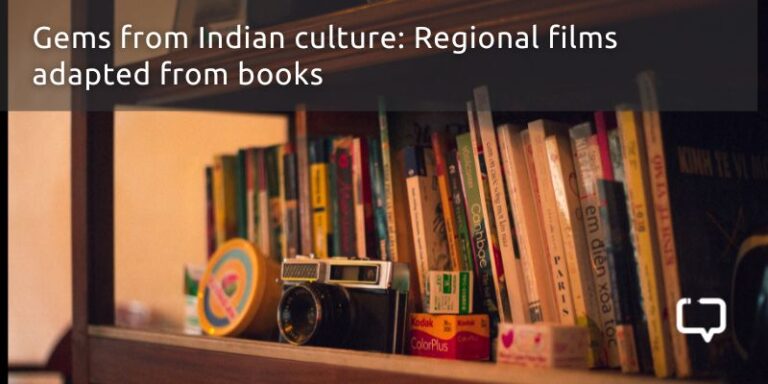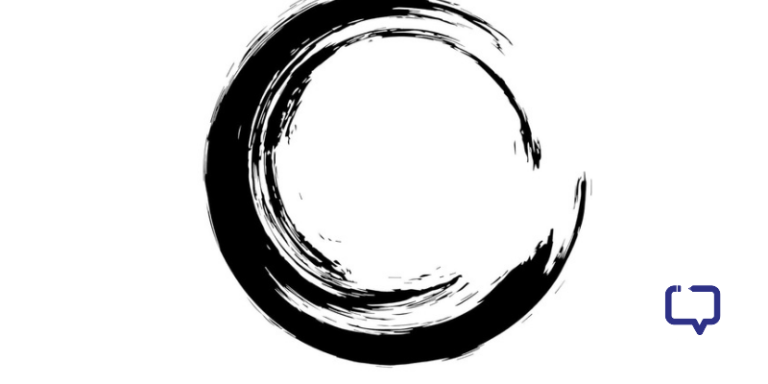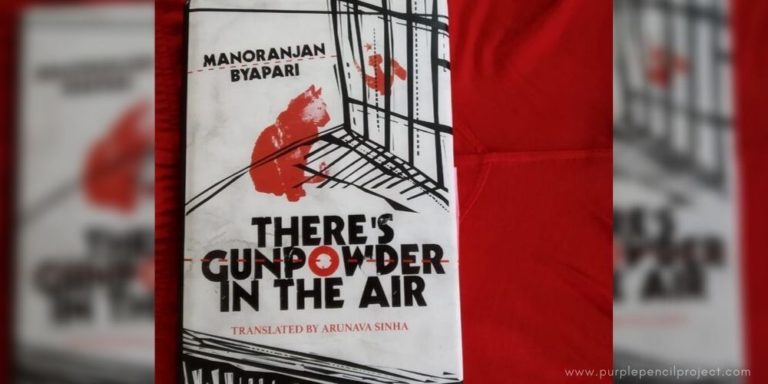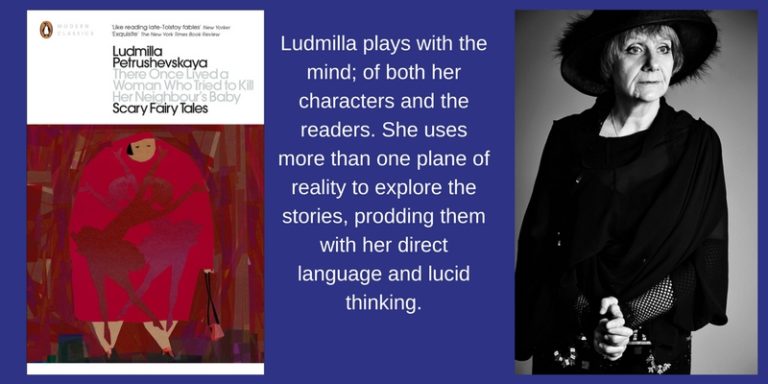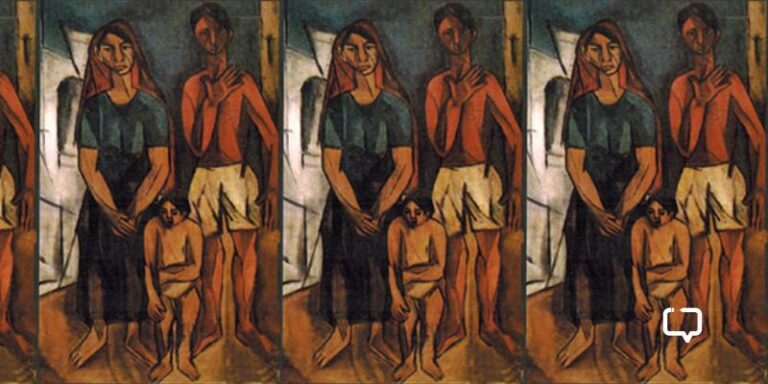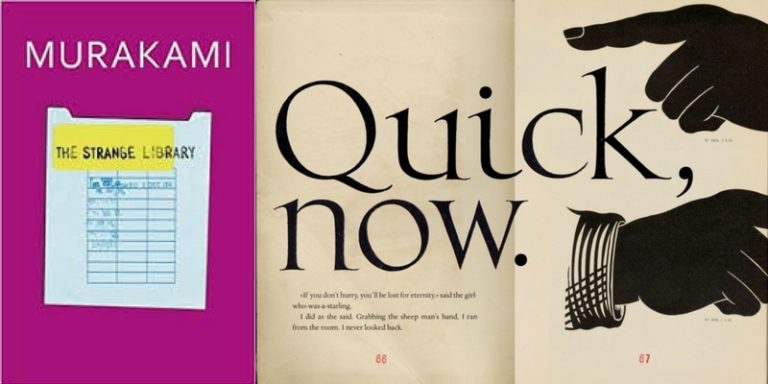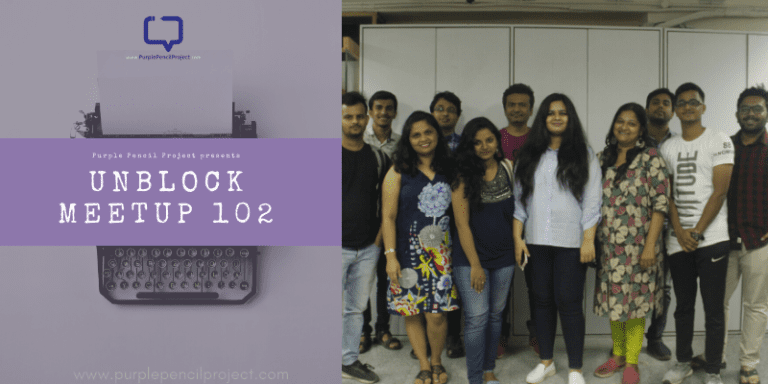Sakhi Gundeti reviews Our Stories, Our Struggle: Violence and the Lives of Women – Narratives and Poetry by South Asian Women, edited by Mitali Chakravarty and Ratnottama Sengupta (published by Speaking Tiger, 2024).
I came across Our Stories, Our Struggle a few days after the horrifying incident in Kolkata, and I knew I had to read it. Violence against women is deeply entrenched in our society, and the least we can do is educate ourselves about its causes and solutions and gain as many perspectives about it as possible. This book features narratives from India as well as other South Asian countries like Nepal, Pakistan, Bangladesh, and Sri Lanka, highlighting the similarities in the lives of their women despite their borders dividing them. Although the writing style varies throughout the book due to its multiple authors, it is not too difficult to read overall.
The introductory essay in Our Stories, Our Struggle gives an overview of the Nirbhaya case while highlighting the different legal and social drawbacks of violence against women in India and how outrage about these incidents is selectively based on the caste and economic backgrounds of the subject. It focuses on how intersectionality plays a role in which cases get more importance and justice and which don’t.
Focus on the North East Indian States
The essays about North-eastern India in Our Stories, Our Struggle are quite important as they feature details that don’t often get covered in mainstream media. Hoineilhing Sithlou’s essay was an eye-opening experience to learn more about the recent violence that took place in Manipur due to communal differences and how the State also held complicity in perpetrating it further due to lack of action. One learns a lot about the history of northeastern women in resisting their oppression through hunger strikes and using nudity as a tool for activism through Teresa Rehman’s essay on the subject.
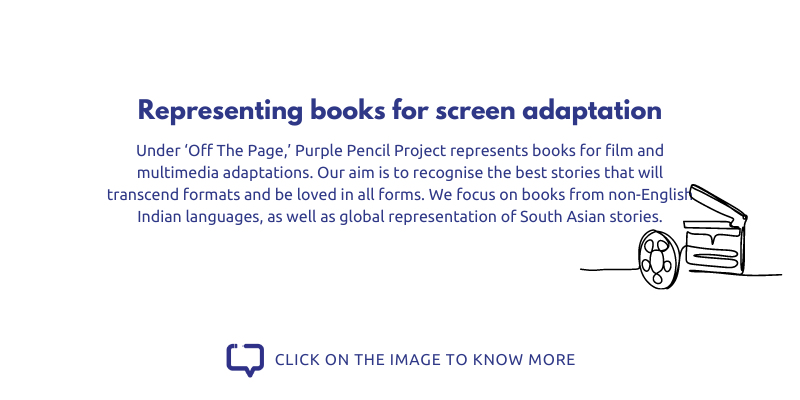
Ngurang Reena explores the gender and racial discrimination faced by north-eastern women migrating to different cities of ‘mainland’ India for education and better opportunities. It’s shocking to know that currently, there are no provisions to penalize racial offences, and the ones facing these have little or no options to deal with them.
The Cost of Rejecting a Sexual Advance
Often, it’s difficult for Indian men to accept rejection due to their patriarchal upbringing. Thus, when they face one, they resort to retaliation in the form of acid attacks. As Ratnottama Sengupta explains in her essay, it stems from an intention of mutilating the subject, not necessarily to take her life. It aims to deprive the subject of her identity and her self-esteem and make her prone to social debarment. Fortunately, acid attacks have a different, stricter law since 2013, which specifically focuses on these attacks without categorizing them in general with other types of violence.
In the Name of Honor
The essay on honour killings is a difficult one to read as it mentions multiple incidents in detail, which I felt were a bit unnecessary given the rest of the essay made the point clearly. Nevertheless, it highlights how honour killings are not treated as murders and how their punishments are lax in comparison. This stems from a patriarchal justification of the violence that the people were killed to save the family’s honour, and there’s nothing wrong with it. It’s a rampant practice in many South Asian countries and Western countries where orthodox families value traditions more than their kin’s lives.
Women and Nationalism
In post-independence Sri Lanka, clashes erupted based on ethnicity, and questioning and criticizing the character of women belonging to another ethnicity became normal. The way they looked and dressed was connected to their morality. Men were expected to fight in the wars, while women were supposed to send their sons to wars for the sake of the nation. All in the name of nationalism. In any patriarchal society, women are symbols of ‘purity’, ‘pride’, and ‘tradition’.
These abstract notions constrict women into certain identities and snatch their agency and freedom away from them. This is a dangerous situation for a woman to find herself in, as society around her is enveloped in stringent ideas about gender roles, and defying them can lead to untoward consequences.
Stories and Poems in Our Stories, Our Struggle
Along with essays, Our Stories, Our Struggle has short stories and poems written by women from different walks of life. One observes how the oppression of women begins from their homes, whether it’s the one where they grow up or the one they’re married off to. It’s as if the threat of being violated is omnipresent. Families are supposed to make us feel safe and be supportive but for the women in these stories, that’s not an option.
From a modern, painful retelling of Cinderella to the irony of a woman ‘helping’ other women while falling prey to her husband’s domestic violence, the stories in Our Stories, Our Struggle capture the complexities of women’s lives and their struggles with violence.
Favourite Quotes from Our Stories, Our Struggle, edited by Mitali Chakravarty and Ratnottama Sengupta
Further, the attribution of all ills to the incursion of ‘Western modernity’ points to a growing xenophobia and hypernationalism. Equally absurd was the attempt to place the onus of guilt on the raped women by arguing that in was her resistant and defiant attitude that catalyzed the violence perpetrated upon her, thereby increasing the brutality of the assualt.
– Meenakshi Malhotra, Nirbhaya: Twelve Years After (Our Stories, Our Struggle)
In a society being made to fragment afresh along ethnic lines, many perpetrators were not strangers to the victims but familiar faces. Thus, the perpetrators are not just those directly seen assaulting the women in the viral video but encompass a broader institutionalized ‘ecosystem’ that empowers them to commit these crimes of hate.
– Hoineilhing Sithlou, Manipur’s Daughters? Or Victims of Conflict, Targets of Politics (Our Stories, Our Struggle)
The easiest thing that an Indian woman can earn from society is a label.
– Mallika Bhaumik, A Smudged Kohl-line (Our Stories, Our Struggle)
It is a feature of most nationalist discourses to value women as the carriers of ethnic identity, embodying the cultural apartness of their communities. This translates into stringent control over women, exerted by imposing norms related to modesty, chastity, and respectability on them.
– Simran Chadha, When Fighters Write: The Literary Legacy of Sri Lankan Women (Our Stories, Our Struggle)
Conclusion
Our Stories, Our Struggle, edited by is a must-read book to understand better the nature, causes, and extent of violence women face regularly. South Asia has a very long road ahead when it comes to treating its women as equal citizens. This book might trigger people who have been through the kind of incidents mentioned in the essays and stories and should avoid them in that case. For the rest of us, it’s a crucial read as it provides comprehensive knowledge about the enormous challenges women face to merely exist and lead their lives with dignity.
Have you read this powerful collection of essays, stories, and poetry that illuminates the pervasive violence and discrimination women endure?












